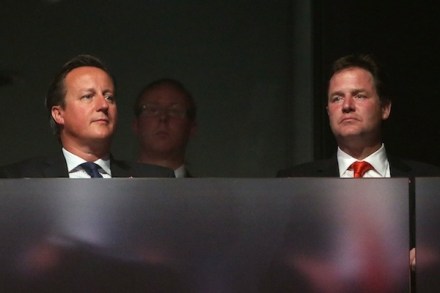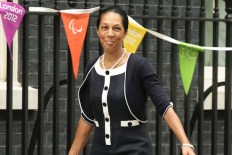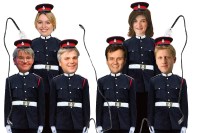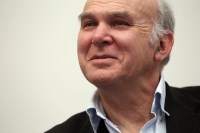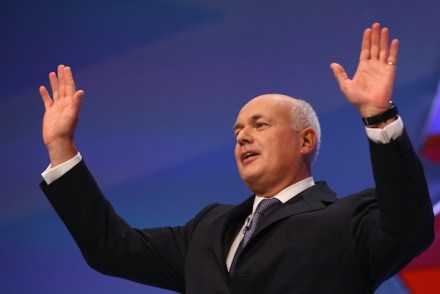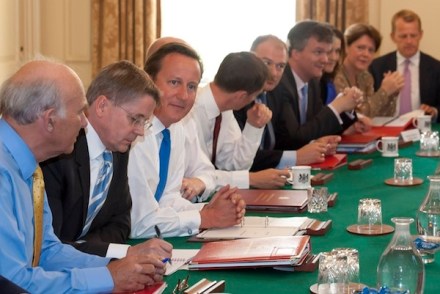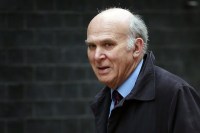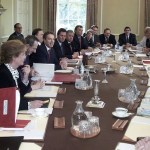Nick Clegg: I don’t think gay marriage opponents are bigots
Nick Clegg is currently eating a Ben & Jerry’s ice cream called ‘Appley Ever After’ with gay marriage campaigners celebrating the government’s consultation on introducing civil marriage for same-sex couples. Things didn’t go all that appley for the Deputy Prime Minister earlier today, though, when the Cabinet Office sent out what he later claimed was a draft of his speech that he was never going to give, which said: ‘Continued trouble in the economy gives the bigots a stick to beat us with, as they demand we “postpone” the equalities agenda in order to deal with “the things people really care about”. As if pursuing greater equality and fixing the
